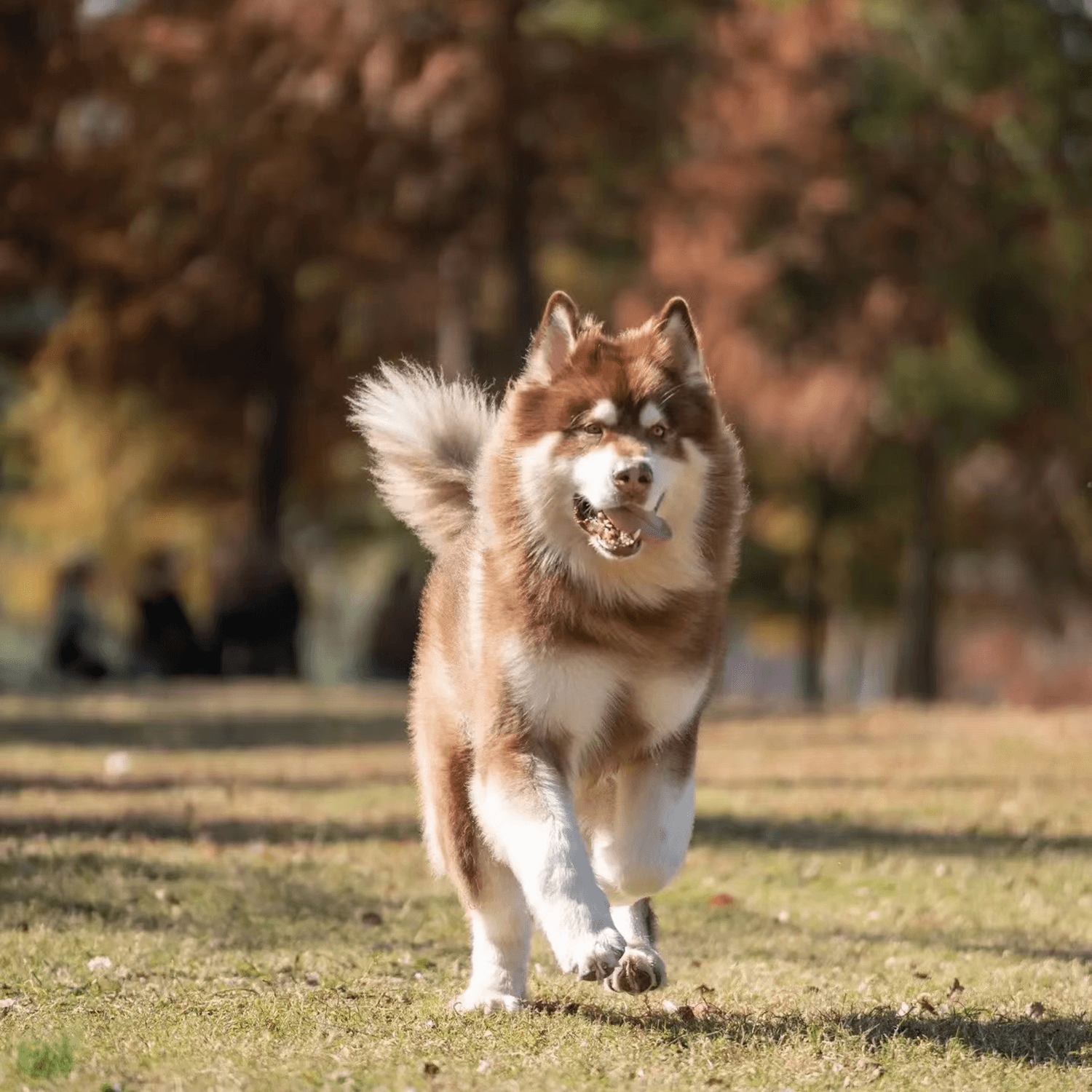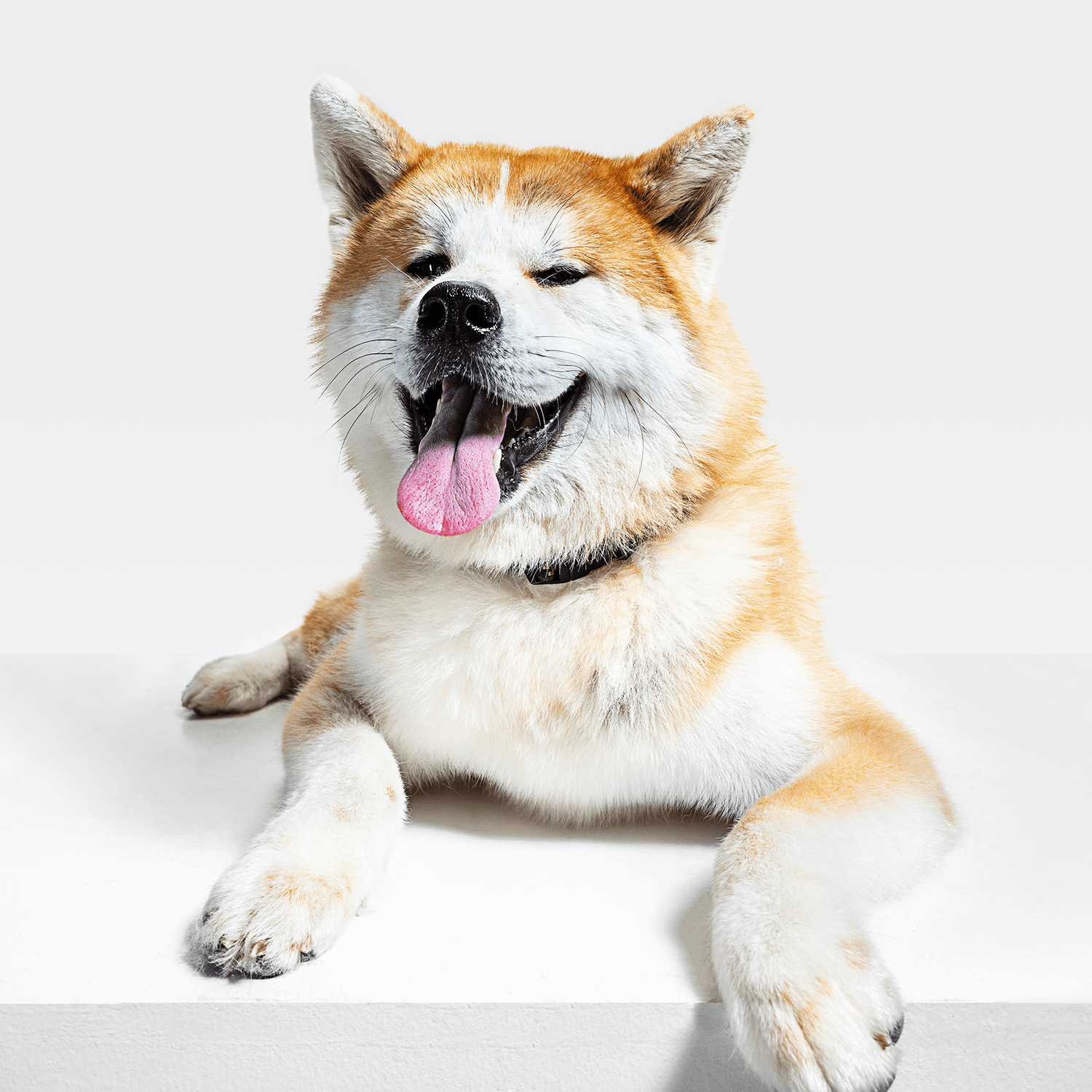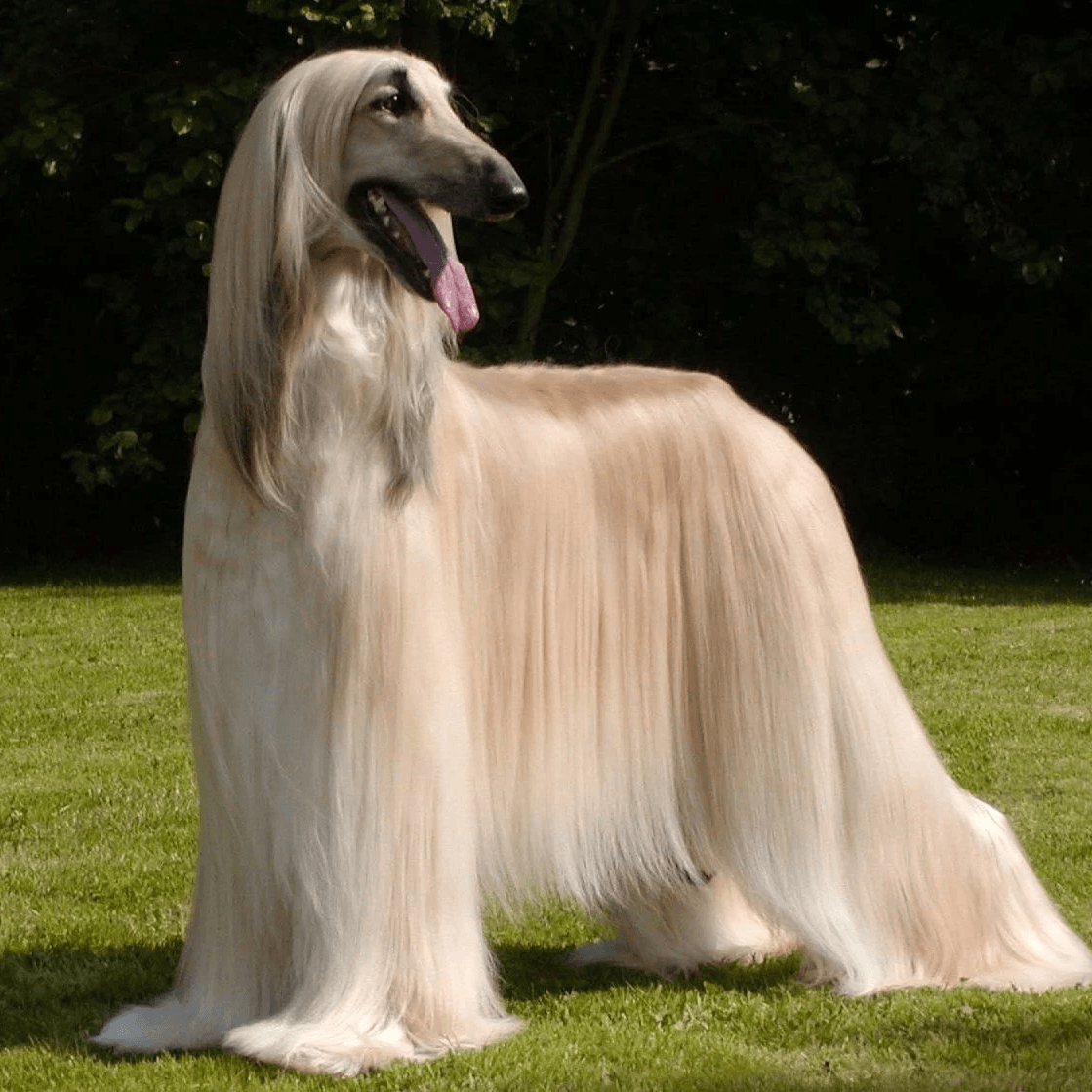Affenpinscher: The Playful and Brave Toy Dog
Scores (out of 5):
- Adaptability: 4
- Food Consumption: 3
- Exercise Needs: 3
- Obedience: 3
- Child Tolerance: 3
- Training Ease: 3
Introduction: The Affenpinscher, with its unique monkey-like expression and lively temperament, has captivated dog lovers for centuries. This breed originated in Germany in the 17th century, where it was initially bred to be a ratter. These small but fearless dogs were employed to keep kitchens, stables, and granaries free from rodents. The name "Affenpinscher" is derived from the German word "Affe," meaning monkey, and "Pinscher," meaning terrier, reflecting the breed's spirited nature and terrier-like tenacity.
Over time, the Affenpinscher transitioned from a working dog to a beloved companion. Their charming personality and distinctive appearance made them popular among European nobility and artists. Paintings and literature from the 18th and 19th centuries often depict these little dogs alongside their aristocratic owners, highlighting their status as prized pets.
In the early 20th century, the Affenpinscher's popularity spread beyond Europe, reaching the United States and gaining recognition from the American Kennel Club (AKC) in 1936. Despite their long history, Affenpinschers remain relatively rare, maintaining their status as a unique and cherished breed among enthusiasts.
Lifestyle and Behavior: Affenpinschers are lively and affectionate, with a bold and inquisitive nature. They thrive in environments where they can explore and play, making them great companions for active individuals or families. Despite their small size, they have a courageous demeanor and are known to stand up to much larger dogs. According to PetMD, their alertness and keen senses make them excellent watchdogs, always ready to protect their territory.
These dogs have a strong prey drive, a remnant of their days as ratters, so they may chase after small animals if given the chance. They require a secure, fenced area where they can run and play safely. Their independent nature means they can be somewhat aloof and may not always seek out human attention, but they do enjoy spending time with their families in their own way.
Trainability: Training an Affenpinscher can be both rewarding and challenging. They are intelligent dogs with a strong desire to please, but they also have an independent streak that can sometimes make training a test of patience. Early socialization and consistent, positive reinforcement methods are key to successful training.
Affenpinschers respond well to reward-based training, where treats, praise, and play are used as incentives. It's important to keep training sessions short and engaging to hold their attention. Due to their independent nature, they may become bored with repetitive tasks, so variety in training exercises is beneficial.
Housebreaking can be a bit challenging with Affenpinschers, as they may have a stubborn streak. Patience and consistency are essential, and crate training can be particularly helpful in this regard. Overall, while they may require a bit more effort to train, the end result is a well-behaved and delightful companion.
Closeness to Humans: Affenpinschers are known for forming strong bonds with their human families. They are affectionate dogs that thrive on companionship and enjoy being involved in family activities. Their loyalty to their owners is unwavering, and they often follow their favorite people around the house.
These dogs are happiest when they are the center of attention. They love to snuggle on laps, play games, and participate in whatever their owners are doing. However, their strong attachment to their humans can sometimes lead to separation anxiety if they are left alone for extended periods. It's important to ensure they have plenty of mental stimulation and companionship to keep them content.
Suitable Roles: The Affenpinscher excels as a companion dog. Their small size and adaptable nature make them well-suited for apartment living, but they can also thrive in larger homes with access to a yard. They do well in households with individuals, couples, or families, as long as they receive the attention and affection they crave.
In addition to being great companions, Affenpinschers make excellent watchdogs. Their alertness and bravery mean they are quick to sound the alarm if something unusual occurs. While they are not typically aggressive, their bark can deter potential intruders.
Colors: Affenpinschers come in a variety of colors, including black, gray, silver, black and tan, and red. The most common color is black, but the other colors are equally striking and contribute to the breed's unique appearance. Their dense, wiry coat requires regular grooming to keep it looking its best.
Health and Care: Affenpinschers are generally healthy dogs, but like all breeds, they can be prone to certain health conditions. Responsible breeders will screen for common issues such as hip dysplasia, patellar luxation, and respiratory problems. Regular veterinary check-ups and a healthy diet are essential for maintaining their well-being.
Grooming an Affenpinscher requires regular attention due to their dense, wiry coat. Daily brushing is necessary to prevent matting and tangles, and regular baths are needed to keep their coat clean and healthy. Many owners choose to have their Affenpinschers professionally groomed to maintain their distinctive appearance. Additionally, regular dental care, ear cleaning, and nail trimming are important aspects of their grooming routine.
Exercise Needs: While Affenpinschers are small, they are quite active and require regular exercise to stay healthy and happy. Daily walks, playtime, and mental stimulation are essential for meeting their exercise needs. Interactive toys and games can help keep their minds sharp and prevent boredom.
Despite their energy levels, Affenpinschers are also content to curl up on the couch with their owners. They strike a good balance between being active and enjoying relaxation time, making them adaptable to various lifestyles.
Interaction with Children: Affenpinschers can be good family pets, but they are best suited to homes with older children who understand how to interact gently with small dogs. Due to their small size and delicate build, they can be easily injured by rough play. It's important to teach children how to handle and respect the dog to ensure a harmonious relationship.
In homes with very young children, supervision is necessary to prevent accidental injuries. Affenpinschers are generally tolerant and patient, but like all dogs, they have their limits. Positive interactions between children and dogs should always be encouraged and monitored.
Real-Life Example: A notable example of an Affenpinscher's bravery and loyalty occurred in 2013 when an Affenpinscher named Banana Joe won the prestigious "Best in Show" at the Westminster Kennel Club Dog Show. This victory highlighted the breed's intelligence, trainability, and unique charm, bringing it into the spotlight and increasing its popularity.
Conclusion: The Affenpinscher is a delightful and charming breed that offers a unique combination of playfulness, loyalty, and courage. Their small size and adaptable nature make them well-suited for various living situations, from apartments to larger homes. With proper training, socialization, and care, Affenpinschers make wonderful companions for those who appreciate their spirited personality and endearing quirks.
References:
- American Kennel Club (AKC) - Affenpinscher
- PetMD - Affenpinscher
- The Spruce Pets - Affenpinscher Dog Breed Profile
- DogTime - Affenpinscher
- VetStreet - Affenpinscher Dog Breed Information


